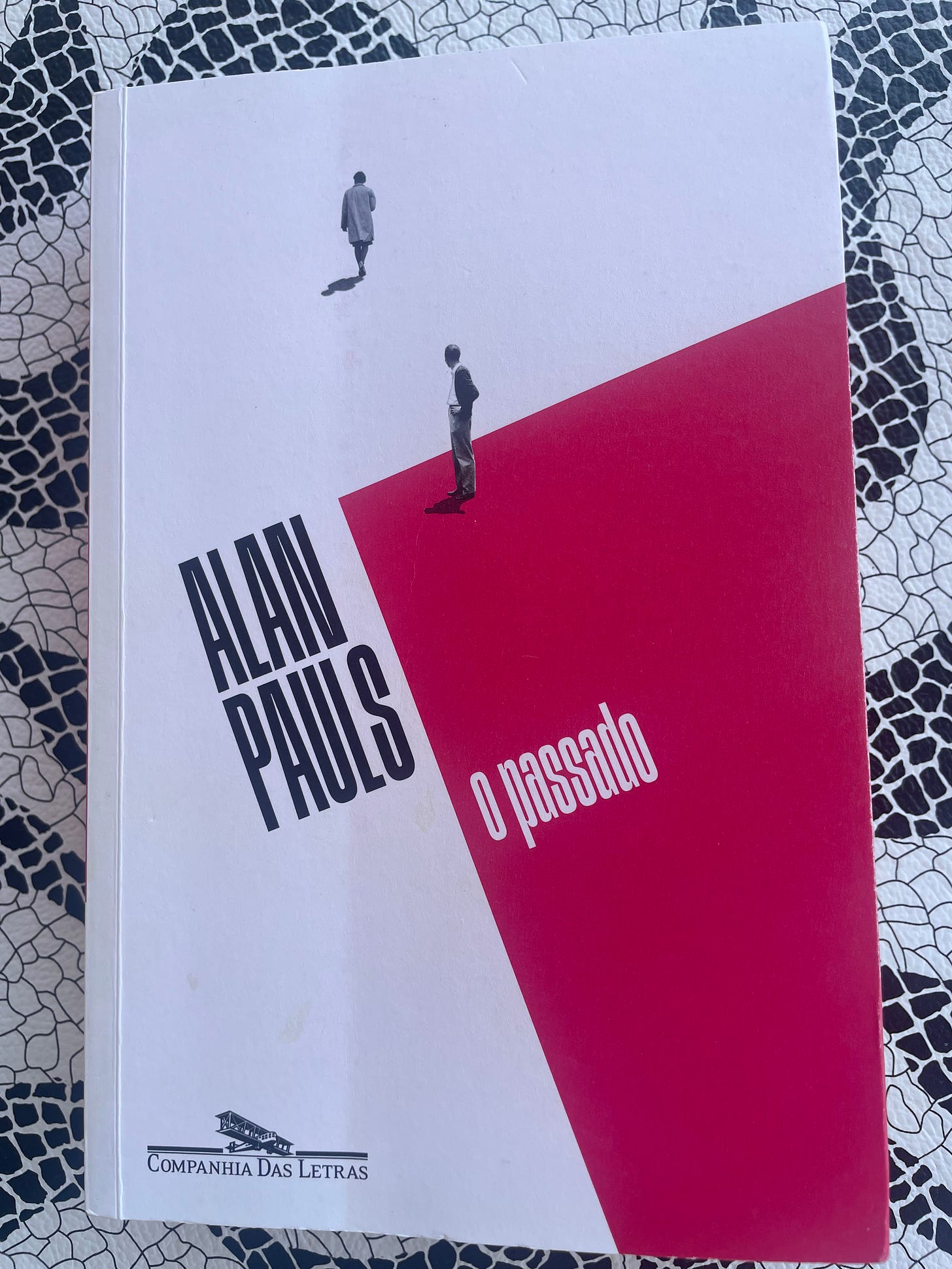Rímini had cultivated this mixture of humility and superstition for three years; it was natural he would consider it consubstantial with his relationship, since it was put to the test six months after he got together with Sofia. In a sort of enthusiastic trance Rímini recounted a conversation he had with a friend that afternoon. They’d spoken, he said, about “romantic commitment”. The friend utterly dismissed monogamy. Despite being a precocious veteran of debauchery, Rímini’s romanic life, —its unusual regularity, its profundity, the loyalty so laborious it was as if it was crafted by a goldsmith, —shocked him. Six months with the same woman? He could barely stand to see the face of the woman he slept with in the daylight.
How was it possible? Didn’t he crave others? Didn’t he need others? Rímini knew that there was a theory behind these perplexities, but he never tried to refute it.
This afternoon, like others before it, Rímini dismissed it, and like a figure who goes unnoticed for three acts and finally gets to his redeeming soliloquy, which will make his insipid face stick out in the minds of even the most inattentive spectators, he bored him with a speech about trust, about the spontaneous and magical way that trust, when reciprocal, can suspend, —Rímini corrected himself, he wanted to say abolish, but the verb resisted, slipped away and didn’t return—, the seemingly most natural necessities.
That was the ode to love that Rímini, standing up, had just finished reproducing for Sofia, who listened on the edge of the bed, —a discombobulated monologue bursting with ardor, with palpitations, as if he finally got to recite it to the person to whom it was truly dedicated. Moved by his own brilliance, as he finished, Rímini noticed that Sofia kept silent, without looking at him, and that an obscure emotion marked her face. Trust…Reciprocity…Rímini thought he heard his own voice escape him, unraveling, like in a dream.
“Rímini,” said Sofia abruptly, “I slept with Rafael.”
For a second, Rímini watched a parade of shameful possibilities overtake his tormented betrayed body. He died. Vomited. Destroyed his room, hurting, —accidentally, of course—, Sofia. He lost his ability to speak forever. An embolism struck him down. Someone walked into the room by accident so he had to play it off. He saw them, but the possibilities drifted away from him, as if attracted by some other candidate.
So he opened his mouth and started to cry, and someone whose lips trembled much less than his spoke in his place and requested the most sordid, most voluptuous satisfaction: the details of the betrayal. Sofia pretended not to hear.
“You know,” she said, “it was unfinished business. I couldn’t continue with you if I hadn’t done it.”
Sofia stood up. Rímini, leaning against the window, looked down at the fountain three floors below, in the garden, through a veil of tears. He felt the tips of Sofia’s fingers close to his face and then touching his cheek, less to console him than for him to look at her, and a profound embarrassment overtook him.
He stopped crying as if by magic. Sofia looked at him closely. And then Rímini knew that for him to ever stop loving her, something much stronger than another man, or woman, something inhuman and blind like a calamity, a plane crash, an earthquake, would have to sever her from his side and excise her from his soul.
But Sofia wasn’t looking at him, exactly, and definitely wasn’t looking into his eyes: she observed with an almost lascivious curiosity something Rímini had underneath his eye. Turning to the window, Rímini looked at himself in the glass and saw a dark spot, it looked like a mole, a little scab from a tiny wound he didn’t even remember having.
Sofia gazed at him for one or two more seconds, until her trance was broken, and blushing, brushed his hand.
“Call me. I’ll be at home,” she said.




